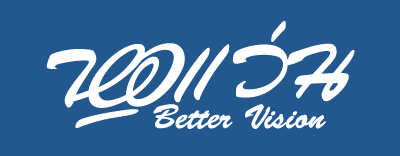Vision problems can affect anyone, especially people who spend a lot of time outdoors in bright sunlight or who use their eyes heavily, such as when reading or using a computer. In the early stages, there may be no warning signs of vision problems.
However, it's important to get your eyes checked regularly, at least once or twice a year. This will help you keep your vision up-to-date and identify any potential problems early on.
Here are some tips on how to prepare for an eye exam to ensure accurate results:
1. If you have any underlying health conditions, be sure to tell your eye doctor. Some health conditions, such as diabetes, thyroid disease, and high blood pressure, can affect your vision.
2. If you wear contact lenses, be sure to remove them at least 1-2 hours before your appointment. This will give your corneas time to return to their normal shape.
3. Be sure to get enough rest and avoid alcohol the night before your appointment. Lack of sleep or alcohol consumption can interfere with the accuracy of your eye exam.
4. Bring your current glasses or contact lenses with you. This will help your eye doctor compare your vision with your current prescription.
5. Take a break from using your eyes before your appointment. Prolonged use of your eyes, such as reading, playing video games, or using a smartphone, can lead to eye strain and affect your distance vision
6. If you follow these tips, you can help ensure that your eye exam is accurate and that you receive the correct prescription.
Where to Get a Free Eye Exam?
If you are searching for “free eye exam near me” or “eye test near me” that is accurate and reliable, the answer is “Better Vision” — available at all branches nationwide.
We provide free eye examinations with no purchase required. Customers are welcome to visit for a vision check, update their eye health status, or consult with our specialists — all completely free of charge.
Note: Our eye exams are comprehensive and can detect basic eye problems. However, if you have any serious eye problems, you should see an ophthalmologist for further evaluation and treatment.





